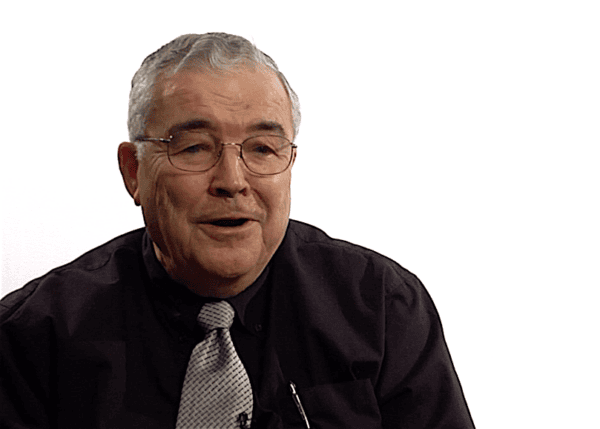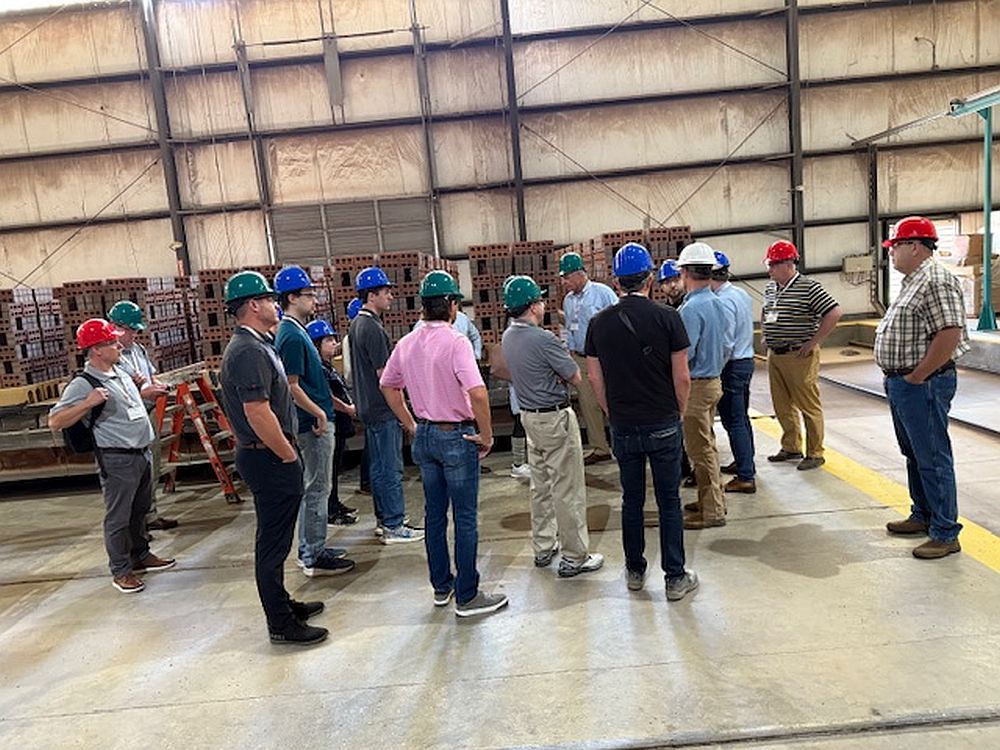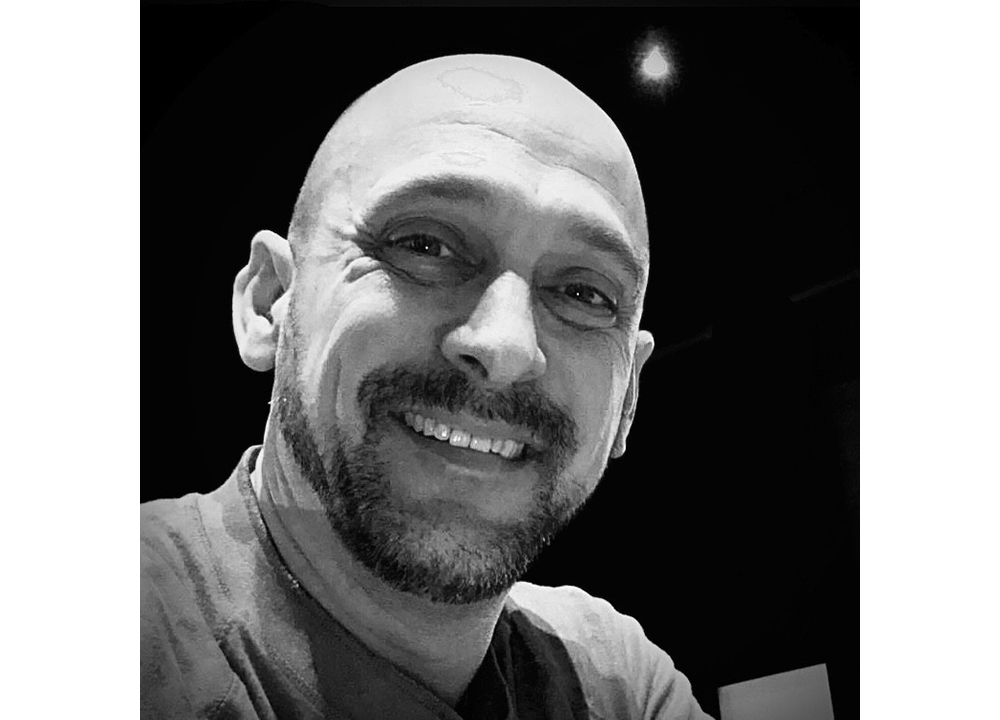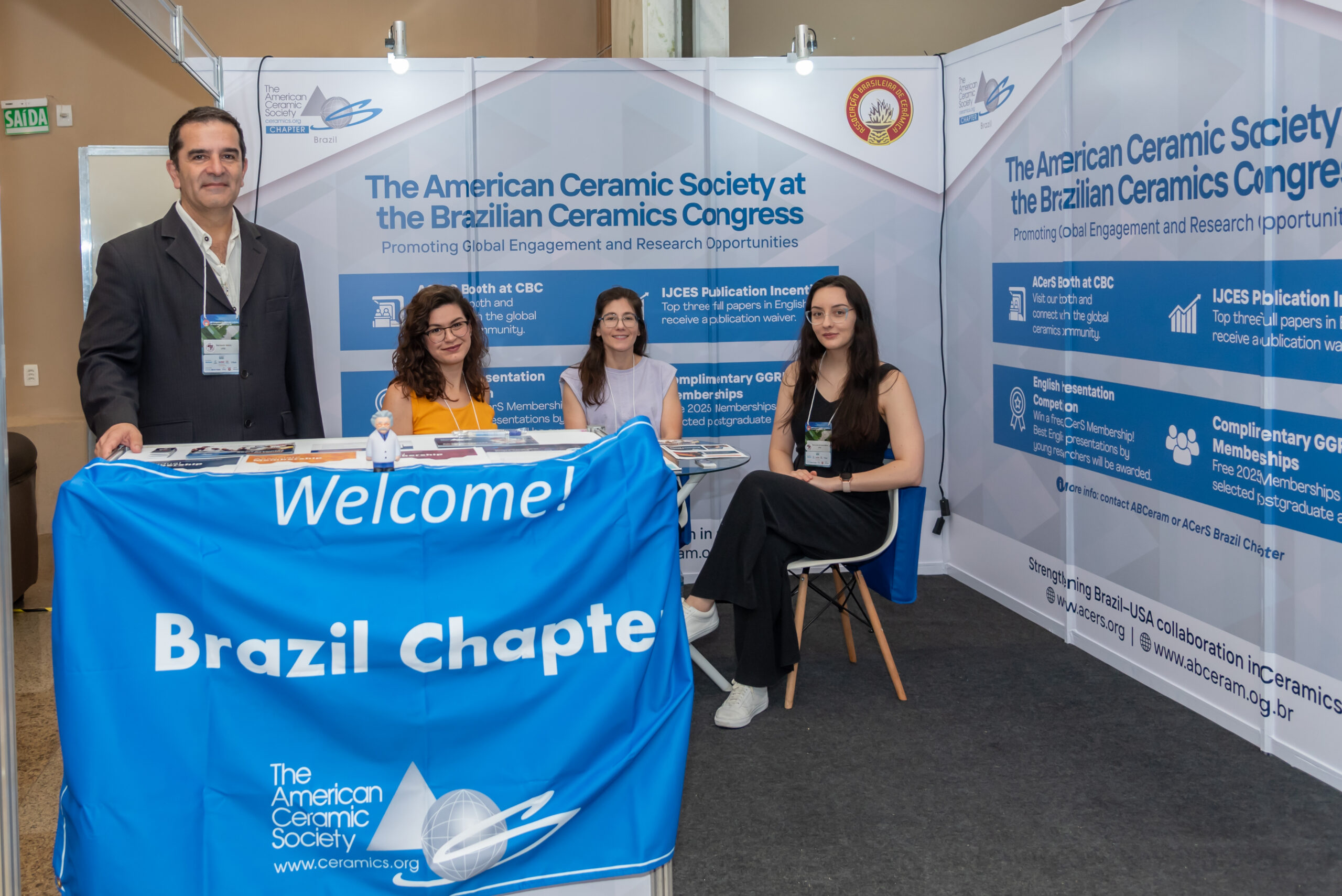
[Image above] Delbert Day reflects on his long and impactful career, gives advice to those just getting started, and discusses what ACerS means to him. Credit: ACerS; YouTube
ACerS latest video series, “Luminaries of The American Ceramic Society,” is an interview series designed to inspire ceramic and glass professionals of the past, present, and future by sharing the career stories of some of the industry’s greatest contributors.
The second interview in the series features Delbert Day, Distinguished Life Member and past-president of ACerS, Curators’ Professor Emeritus of Materials Science and Engineering and Senior Investigator of the Graduate Center for Materials Research at the Missouri University of Science and Technology, and former chairman and president of Mo-Sci Corporation (Rolla, Mo.).
(In case you missed it, the first interview in the series featured David Pye, Distinguished Life Member and past-president of ACerS, founding editor of the International Journal of Applied Glass Science, and past-president of the International Commission on Glass.)
Day reflects on his long and impactful career, which includes decades as a professor and co-founder of Mo-Sci in 1985. Mo-Sci is a high-quality precision glass technology company responsible for inventing TheraSphere, a glass microsphere component used to help treat inoperable liver cancer. Mo-Sci has grown from a single engineer in a university lab into a family of three companies, each specializing within specific market areas, with more than 2,000 customers across the globe.
Day defines his career not only by his work with Mo-Sci, but also through his reach as a teacher and mentor in the ceramic and glass field.
“I’ve been fortunate to have had over 80 post-graduate and graduate students and visiting scholars during the time I taught at the Missouri University of Science and Technology,” says Day. “I call research ‘the pathway to the future.’ I have a little talk that I give my students [on this] and I think probably every engineer, to some degree or another, is involved in research.”
And when it comes to being a decades-long (and very active) member of ACerS, Day says the experience has been invaluable.
“Well, I’ve enjoyed immensely the 50+ years I’ve been a member of the Society. I started as a student member, and once I started working I was heavily involved in the Glass Division. I felt that a person—certainly a professional person—should be a member of their professional society,” says Day. “I also found that I was meeting a lot of interesting people—people whose names I’d only read in textbooks.”
ACerS fellowship of members is also what kept Day involved in the Society for so many years. “It’s a smaller professional organization, and I guess I sort of have a fondness for smaller groups more than huge groups.”
Day’s advice for anyone interested in joining ACerS is simple—do it; there are so many ways to get involved.
“If you’re coming from, say, mechanical engineering and you find yourself now working in the ceramic industry, you still should get involved. And you can do that by coming to the annual meetings of the Society,” says Day. “Or if you’re on the research side, you can publish papers through the ACerS Bulletin and journal. My advice is to find a way to get involved, learn more about your profession, and develop a network of people—which we all know is extremely important.”
Watch Day’s full interview below!
Credit: ACerS; YouTube
Ready to begin, become, and belong to a thriving organization? Find your new professional community—consider joining ACerS today.
Author
Stephanie Liverani
Spotlight Categories
- Member Highlights


